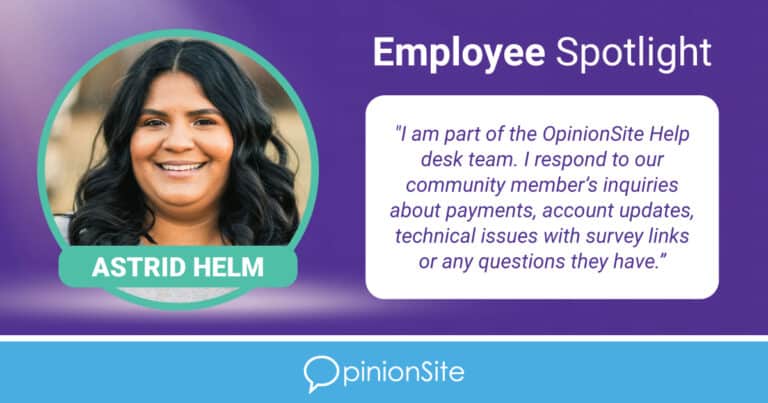“You look like you should be in high school- has anyone ever told you that?” my 75-year-old patient says with a squint. I force a smile behind my mask and answer, maybe a little too forcefully, “a time or two!”. I am the youngest amongst the dozen providers in my rural internal medicine office, and many days I feel as if my gender merely amplifies that discordance.
Many of my patients grew up being cared for by male physicians in both primary and specialty practices. Local providers in the region are aging out of the profession, and a group of my patients finds themselves being cared for by someone younger than what they have become used to, and a female provider at that. It’s a significant change for them and one that allows for unique opportunities and challenges in the patient-provider relationship.
I ran into one of my older, male colleagues in the hallway after having seen one of his patients for an acute, 20-minute visit for hypertension. The visit had taken up the entire 20 minutes- and 20 minutes into the next appointment. “I am worried about Mr. Jones. He was crying about losing his son to an overdose.[…] I started him on some medication and put in a referral for counseling. I wanted to have him follow up with one of us in two weeks to see how he’s doing”. My male colleague looked dumbfounded and said “I didn’t even know he was depressed. He never talked about any of that with me”.
This is not an isolated incident, but rather one that I and my female or younger colleagues see nearly daily. Patients express more emotions during provider-patient interactions when speaking with female providers than their male colleagues, with older providers being observed to direct conversations in ways that reduce patients’ opportunity to express emotional content during the interaction.1 Furthermore, patients are more likely to express mental health concerns to female providers (Tie et al., 2022). This puts female providers in a unique situation when caring for their patients as it can allow for more openness in the provider-patient relationship and ease of addressing crucial health concerns. However, mental health concerns and discussions often lead to longer visit times2 which, in our RVU-driven world, can impact compensation.
In addition to the patient-provider environment that is different from a younger, female provider, when growing my internal medicine panel, I would receive establishment requests from male patients who “want a female provider.” I quickly came to the understanding that the requests were likely due to a desire to have an open discussion regarding topics that unfortunately still remain taboo (ie mental health concerns, substance use disorder), or were ones that would eventually culminate into a pattern of intimidation. Women providers are known to experience more harassment and intimidation than their male colleagues.3 In my experience this has included frequent requests for controlled substances through a variety of channels, patterns of intimidation in the office (swearing, slamming doors, trying to obtain personal contact information), and frequently questioning and refuting diagnostic skills and plans of care. For younger female providers, this aggression can be a contributing force to the increased rates of burnout from the profession. Although we all go through training being taught the same didactic knowledge as our male colleagues by a medical system still primarily male-oriented, we plunge into the world of practice faced with our own unique rules of the game. This can be somewhat destabilizing as it takes time, attention, and at times even missteps to fully appreciate the benefit and pitfalls of being a younger, female provider in modern medicine.
References:




